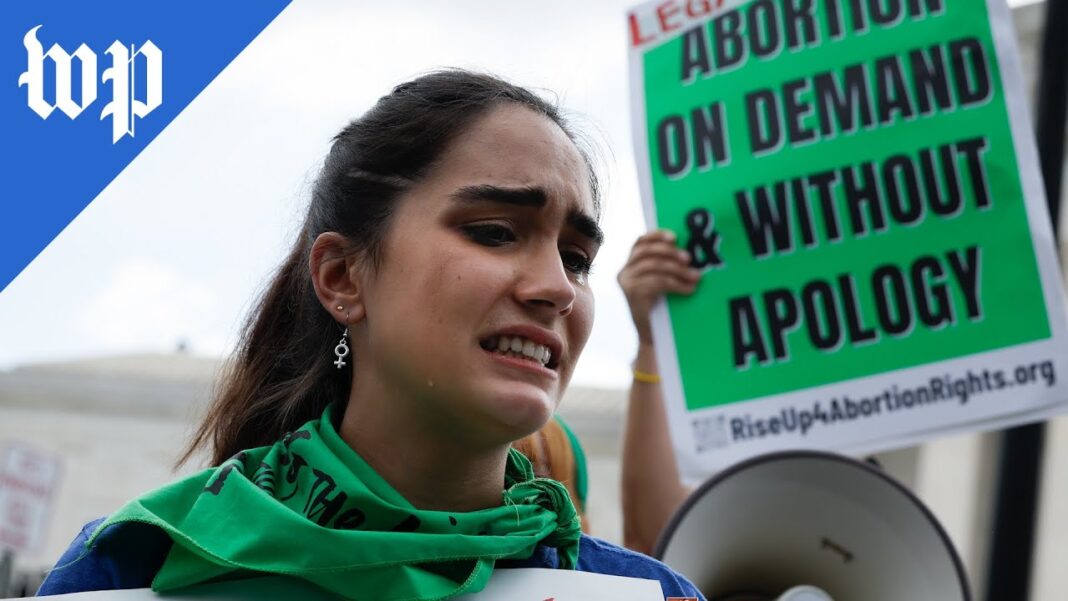
Bans on abortions in Mississippi and Florida are taking effect this week in spite of efforts in the courts seeking to block the laws.
The news comes amid continuing legal battles in multiple U.S. states over abortion following the U.S. Supreme Court decision on June 24 that overturned Roe v. Wade and sent regulation of the procedure back to the states.
The 1973 landmark Roe decision had largely enabled abortions to be carried out for up to 24 weeks of pregnancy across the country for almost five decades.
In Mississippi, the state’s legislature had in 2007 passed a trigger law banning all abortions—except in cases where it is deemed necessary to save the life of the mother, or in cases of rape that has been reported to law enforcement. The trigger provision means it would be contingent on the overturning of Roe.
The Jackson Women’s Health Organization, the only abortion clinic in Mississippi, had asked a court to temporarily block the trigger law from going into effect on July 7. The temporary restraining order would have let the clinic remain open while litigation continues.
But Judge Debbra Halford in Jackson, Mississippi, rejected the request on July 5.
The clinic had filed the lawsuit three days after the U.S. Supreme Court overturned Roe v. Wade in a case that also originated in Mississippi. In challenging the trigger law as well as a six-week abortion ban in the state, the clinic cited a 1998 ruling by the Mississippi Supreme Court and argued that the right to privacy under the state’s constitution included a right to abortion.
But Halford said it was “more than doubtful” that Mississippi’s Supreme Court would continue to uphold that decision as it rested on the U.S. Supreme Court’s own past rulings including the now-overturned Roe v. Wade.
“The plain wording of the Mississippi Constitution does not mention abortion,” Halford wrote in rejecting the clinic’s request.







